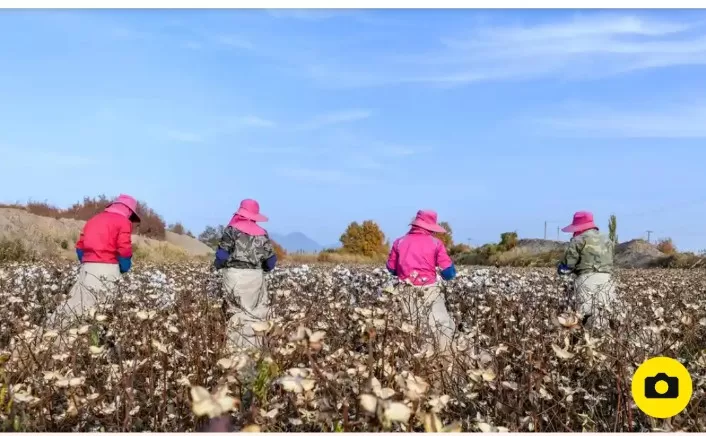Xinjiang, a vast region in north-west China, has gained global attention due to the existence of detention camps, officially termed as vocational education and training centres by Beijing but criticized for their alleged role in indoctrinating Uyghurs and minority ethnic groups. The establishment of these camps followed a series of violent incidents and unrest in the region, leading to President Xi Jinping’s initiation of the Strike Hard Campaign Against Violent Terrorism.
The United Nations estimates that approximately 1 million individuals have been detained in these extrajudicial centres since the launch of the campaign, with reports of abuses, including beatings and sexual violence. Beyond the controversial re-education centres, forced labor in Xinjiang manifests in various forms, extending to the criminal justice system and state-sponsored labor transfers.
Researchers Laura Murphy and Nyrola Elimä from Sheffield Hallam University presented evidence to the UN, highlighting that prison labor in Xinjiang, particularly in the agricultural sector, involves activities such as cotton planting, harvesting, and ginning. Importantly, this forced labor extends beyond the widely criticized re-education centres.
A distinct type of forced labor, less known in the West, is state-sponsored labor transfers, described by Beijing as a poverty alleviation tool. These programs identify unemployed individuals in rural areas and transfer them to farms or factories where additional labor is required. The Xinjiang regional government claims that around 2.6 million people have been employed through these initiatives, with a significant linkage to the cotton industry, responsible for over 80% of China’s cotton production.
While the Chinese government defends these labor transfer programs as vital for poverty reduction, concerns persist. The UN rapporteur on slavery, in a report last year, highlighted “indicators of forced labor” in many of China’s poverty alleviation programs in Xinjiang. Additionally, the link between these labor schemes and the counter-‘extremism’ framework raises questions about the voluntariness of participation.
The labor transfer programs have connections to the broader Strike Hard campaign, where refusal of government subsidies or assistance can be deemed a red flag for potential extremism. This linkage, as outlined in a 2017 government document, raises doubts about the voluntary nature of these programs, with reports indicating that Uyghurs view them as coercive rather than voluntary.
While Beijing claims the closure of re-education centres in 2019, skepticism arises as journalists visiting the region find some facilities closed but concerns persist about detainees possibly being transferred to the formal prison system. The surge in criminal cases in Xinjiang in 2018 and 2019 adds to the complexity of the situation, raising questions about the true extent of voluntary participation in these programs.




